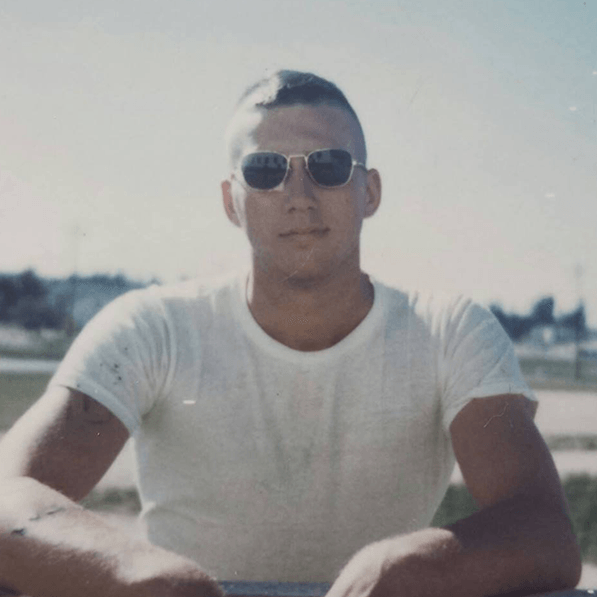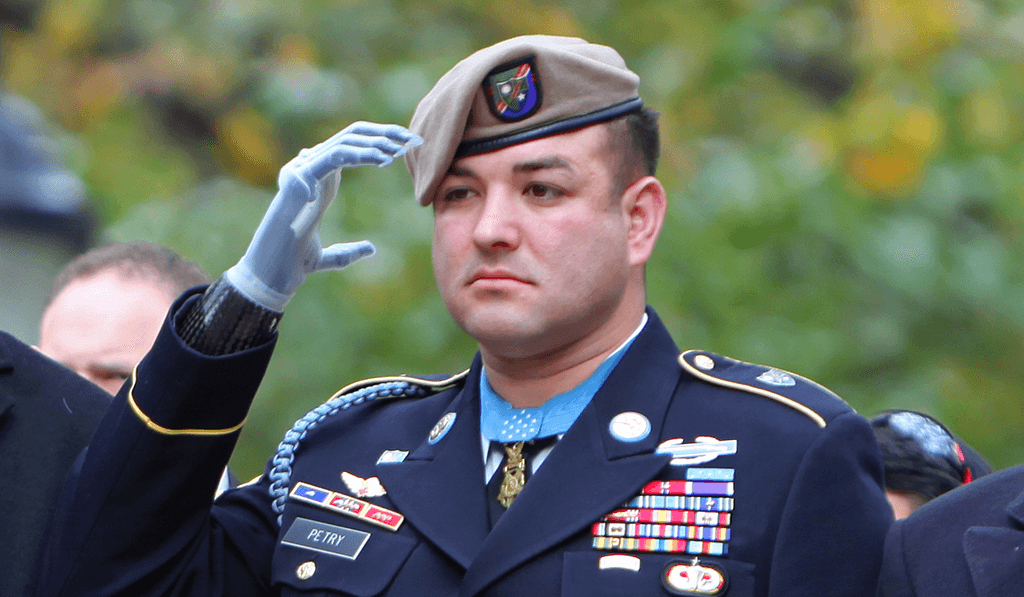 Perhaps one of the most special classes of Americans is our Nation’s combat-wounded veteran. What comes to mind when you think of a wounded vet? Courage? Honor? Sacrifice? For me, it’s my brother Joel, who was awarded the Purple Heart for wounds received in combat in Vietnam. He was also decorated with the Bronze Star for meritorious service in combat. He didn’t talk about his experience much, but I often witnessed his unique camaraderie with other vets. Joel’s gone now, but there are still thousands of combat wounded-veterans living among us. We must honor these veterans. As a society, and as Christians, we also need to help them deal with the consequences of their trauma—family and marital issues, substance abuse, financial struggle, anxiety, and depression. Though these consequences are common, they are often unspoken.
Perhaps one of the most special classes of Americans is our Nation’s combat-wounded veteran. What comes to mind when you think of a wounded vet? Courage? Honor? Sacrifice? For me, it’s my brother Joel, who was awarded the Purple Heart for wounds received in combat in Vietnam. He was also decorated with the Bronze Star for meritorious service in combat. He didn’t talk about his experience much, but I often witnessed his unique camaraderie with other vets. Joel’s gone now, but there are still thousands of combat wounded-veterans living among us. We must honor these veterans. As a society, and as Christians, we also need to help them deal with the consequences of their trauma—family and marital issues, substance abuse, financial struggle, anxiety, and depression. Though these consequences are common, they are often unspoken.
By definition, a veteran who is “wounded in action” has experienced a traumatic event directly from the enemy in the service of our Country. He or she has suffered injury inflicted by an external force during combat and has survived injuries beyond initial hospital admission. There are no authoritative sources to tell us with certainty the number, but I estimate there are about 242,000 U.S. combat wounded veterans alive today. This includes about 34,000 from World War II; 40,000 from the Korean War; 115,000 from the Vietnam Conflict; and 53,000 from conflict since then, including the Persian Gulf War, Operation Enduring Freedom, and Operation Iraqi Freedom.
 Sadly, today many of these veterans are also experiencing secondary consequences of being wounded. According to a study by the Pew Research Center, wounded veterans frequently experience life-long physical, emotional, and psychological consequences. These include physical illnesses, mental health challenges, inability to hold a job (likely causing financial distress), and significant relational consequences inside the family unit. In fact, Pew reported that 75% of post-9/11 wounded veterans experienced strain in their family relations, nearly double the rate of non-wounded veterans. Other research shows problems of substance abuse and suicide. As a society we must say “thank you” to these extraordinary people, but they clearly need much more than our gratitude.
Sadly, today many of these veterans are also experiencing secondary consequences of being wounded. According to a study by the Pew Research Center, wounded veterans frequently experience life-long physical, emotional, and psychological consequences. These include physical illnesses, mental health challenges, inability to hold a job (likely causing financial distress), and significant relational consequences inside the family unit. In fact, Pew reported that 75% of post-9/11 wounded veterans experienced strain in their family relations, nearly double the rate of non-wounded veterans. Other research shows problems of substance abuse and suicide. As a society we must say “thank you” to these extraordinary people, but they clearly need much more than our gratitude.
Forward Free’s vision is to provide a special place for these special Americans—free of charge, every year, for up to two weeks. While at our Life Ranches, combat-wounded veterans, their families, and others who have experienced trauma will receive practical education to help manage various forms of stress; coaching to provide training on family communication, finances, health and fitness, and more; encouragement to live a life of purpose and mission; professionally licensed pastoral counseling across the spectrum of secondary consequences of trauma and stress; and, select referral for life’s deepest challenges. When they return home they will also receive human connections in their hometown; compassionate mentoring with those of common experience; and printed and online resource support.
Combat-wounded veterans served our Country bravely and sacrificed in ways we can only imagine. Far too many are still searching for help with the secondary consequences of their wounds. Please help us help them!
Comments Off on Combat-Wounded Veterans